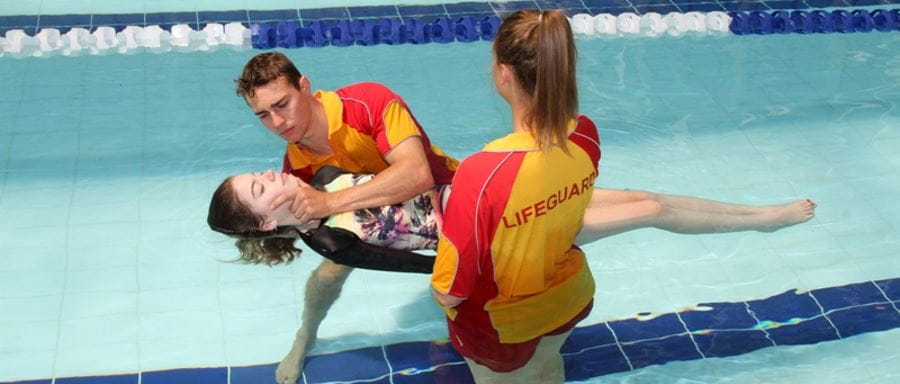
Emergency planning is pivotal to any facility’s ability to respond to an emergency situation. Emergency plans provide a framework within which aquatic facility staff can respond quickly and appropriately to each emergency, regardless of the conditions. Emergency procedures answer the questions: who will do what? When? Where? How?
While no one can predict the exact circumstances of an accident, it is possible to prepare for the types of emergencies that occur frequently in supervised aquatic facilities.
It is integral that all aquatic facilities have an emergency plan prepared that has been trialed and tested. Emergencies occur suddenly, forcing people to make quick decisions under stress. Your facility needs to have an Emergency Planning Committee (EPC) that is responsible for ensuring all team members are trained in emergency procedures.
Contents of an emergency plan
Every facility should have a written emergency plan that includes the following:
- Where the emergency equipment is located. How will it be brought to the incident site?
- Who responds first? Second? Third?
- Who takes the major responsibility for handling the incident? For giving directions? For crowd control?
- What are the preferred locations where injured people can be removed from the water?
- Which emergency service should be called, and under what circumstance?
- What is the response time for these services?
- Who talks with police, press and relatives?
- What reports are needed? Who completes the reports and initiates the follow-up action resulting from the emergency?
Practising emergency procedures
Real emergencies happen suddenly and require split-second decision making under stress. Well-rehearsed emergency procedures result in a confident, controlled and orderly lifeguard response.
Established procedures mean that as many decisions as possible about how and when to respond have been made long before the emergency arises. This ensures that the lifeguard is free to focus on the problem experienced by the patient, and on providing the best solution.
Need to review your plan or procedures?
Royal Life Saving WA has a team of experienced aquatic facility managers who can test and refine your emergency plan. If you are interested in a third party review of your current systems or just need help in developing an emergency plan, please contact our Safe Venues team at the link below.
